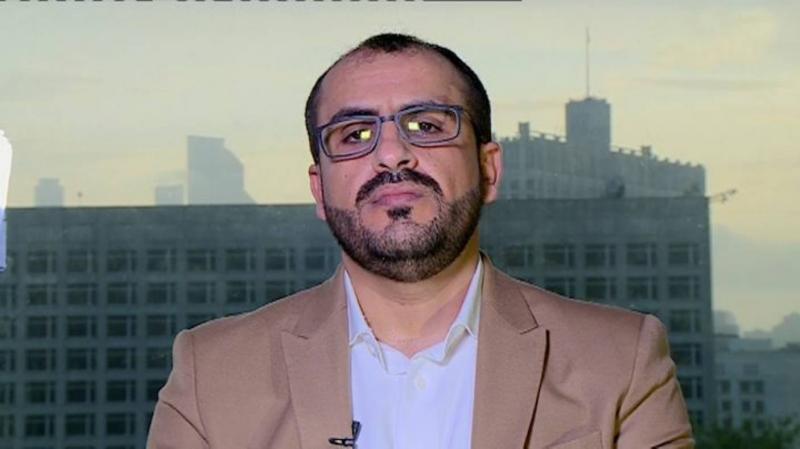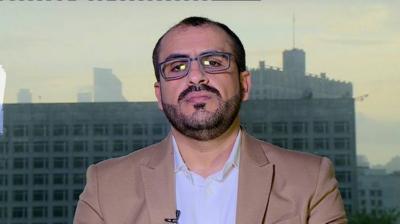Mohammed Abdul Salam, the spokesman for the "Ansar Allah" movement in Yemen, stated in an interview with Reuters that the strikes conducted by the United States against positions and targets belonging to the movement in Yemen are unjustified, emphasizing that the movement will continue to respond to them. He noted that the group was only targeting Israeli ships or those heading to Israeli ports as part of what he called a "natural right for Yemen in the face of international territorial waters," amid the ongoing Israeli war on Gaza.
Abdul Salam regarded the U.S. intervention as adding "more escalation," asserting that the American strikes are "exaggerated and unjustifiable." He described the U.S. stance as "guarding Israel, not the world." He stated: "The strikes on Yemen from our perspective are a flagrant violation of Yemen's sovereignty and a serious aggression against the Yemeni people. What the Yemeni people initially did was target Israeli ships heading to Israel without causing any human or significant material losses, only preventing the ships from passing as a natural right for Yemen in front of international territorial waters."
Abdul Salam affirmed, "We do not deny that we have a relationship with Iran, and that we have benefited from the Iranian experience concerning military production and marine and aerial infrastructure among other things... but the decision that Yemen has made is an independent decision unrelated to any other side and came after significant public pressure not only in Yemen but in the region, demanding that governments and leaders in the region take a stand regarding the extermination war against the Palestinian people."
Regarding whether the movement had received a request from Iran to stop the attacks, Abdul Salam replied: "So far, we have not received any comments from the Iranians... and I think they will not inform us of such a request, especially since Iran's stated position is to support Yemen and condemn the American and British strikes on Yemen, considering Yemen's position to be honorable and responsible."
Abdul Salam reiterated that the movement does not seek escalation, stating: "We do not want the escalation to expand... and we have imposed rules of engagement that have not resulted in any bloodshed or significant material losses, and have only applied pressure on Israel, without exerting pressure on any country in the world." He emphasized that "Yemen is concerned about responding and is committed to its position of preventing Israeli ships from heading to the occupied Palestinian territories," as long as the American attacks continue.
Concerning the impact of the conflict on the region, Abdul Salam described the stance of regional countries that called for stability and expressed condemnation of the escalation as "positive and supportive of preventing the conflict from expanding." He added: "We believe that as long as Saudi Arabia and the UAE adhere to this principle, they will be excluded from this conflict, as long as they do not participate with the United States in any attack or support any attack; we find no justification for taking action against them."
Abdul Salam called for their stance to be one of rejecting the militarization of the Red Sea or the presence of military forces in the region, viewing this as a targeting of everyone. He noted that in the Red Sea, the coastal states have no country in this coalition (led by the United States), stating that this coalition came from the West into our region, and therefore, it poses a threat to Saudi Arabia, the UAE, Oman, and countries in the region.
He stressed the movement's commitment to its position that seeks security and stability in the region and reaffirmed that the response "will only target the American and British." He commented on Bahrain's participation in U.S. operations, saying: "We believe that Bahrain, as a system or participation, has no significant role... and in the event of any response, it will only target those bases used by the Americans in Bahrain," indicating that the truce project with Saudi Arabia is still ongoing. He said: "We are in positive contact with our brothers in Saudi Arabia, and the truce is permanent and ongoing, and we continue our efforts in this direction."




